 |
You return to Hue to visit your home, and the complaints about cramped houses, small alleys, traffic jams, dust, noise, and flooding of the big city you live in disappear, replaced by sudden cheers when standing in front of a beautiful scene of Hue. You jog every morning along the road along the Perfume River, take pictures of the river, of the sunrise, and then you are absorbed in the afternoons cycling to the suburbs (which have now become cities), visiting craft villages, learning to make paper lotus flowers, wrapping cakes, and weaving conical hats... "Hue is a very valuable city. I have visited ancient cities in European countries, they also preserve the urban structure like Hue now, meaning that in the city there are also villages, forests, and they do tourism very well. Hue should try to preserve it, don't complain about poverty because sometimes even with money it is difficult to buy fresh air, the lush green of the fields that are so pleasing to the eye."
Right in the city center, An Cuu field also makes me fascinated with rice, with morning dew, with sunset. I just had a trip to visit the field with two "real" old farmers, nearly 75 years old with more than fifty years of experience in the fields, Mr. Le Van Thanh and Mr. Truong Quang Dien of An Dong Agricultural Cooperative (Hue city). An Cuu field has long been famous for the De rice variety that produces delicious rice "De An Cuu rice that nourishes old mothers", now the De rice variety no longer exists, many efforts to restore it have not been successful, An Cuu field also enters the harvest season with other delicious rice varieties to replace it, the fragrance is also fragrant, but I think the De rice plant in An Cuu field will still be fragrant for a lifetime because the name De An Cuu rice has entered the memory of many generations. The delicious rice of the past is no longer there, but the old fragrance is still there, as is the fragrance of the hard-working people on the thousand-year-old fields of our ancestors.
Stepping down into the field, the two old farmers parted the leaves to look closely at the rice plants, estimating the day the rice would ripen and predicting the yield. This vast An Cuu field, stretching all the way to the communes of Huong Thuy and Phu Vang, had both good rice crops thanks to the water source of the An Cuu River. I followed the old farmer Le Van Thanh's hand and looked at the green rice fields, and in the distance were white-painted buildings. I heard a hint of sadness in his confidences: "These rice fields are already in the construction planning, which is in line with the law of development. When they build, we will stop growing rice." I asked him: "So if you don't farm anymore, what will you do?" He smiled: "I'm also at the age of retirement. I've been farming all my life, and thanks to the fields, I've raised my children to adulthood. What more can I ask for?" Mr. Truong Quang Dien also contributed: "From my father's generation to my generation and my children, growing up from the fields, wherever we go, whatever we do, we must be grateful to the fields and gardens."
Listening to the confidences of the two old farmers, I realized that in the fields there is not only the fragrance of rice, but also the fragrance of the hearts of fathers and mothers.
Many fields have finished harvesting, in the space the scent of ripe rice, of straw lingers. I suddenly think that a city with fields is a fragrant city, fragrant throughout the four seasons, forever fragrant.
Source: https://baothuathienhue.vn/van-hoa-nghe-thuat/mot-doi-con-thom-145544.html




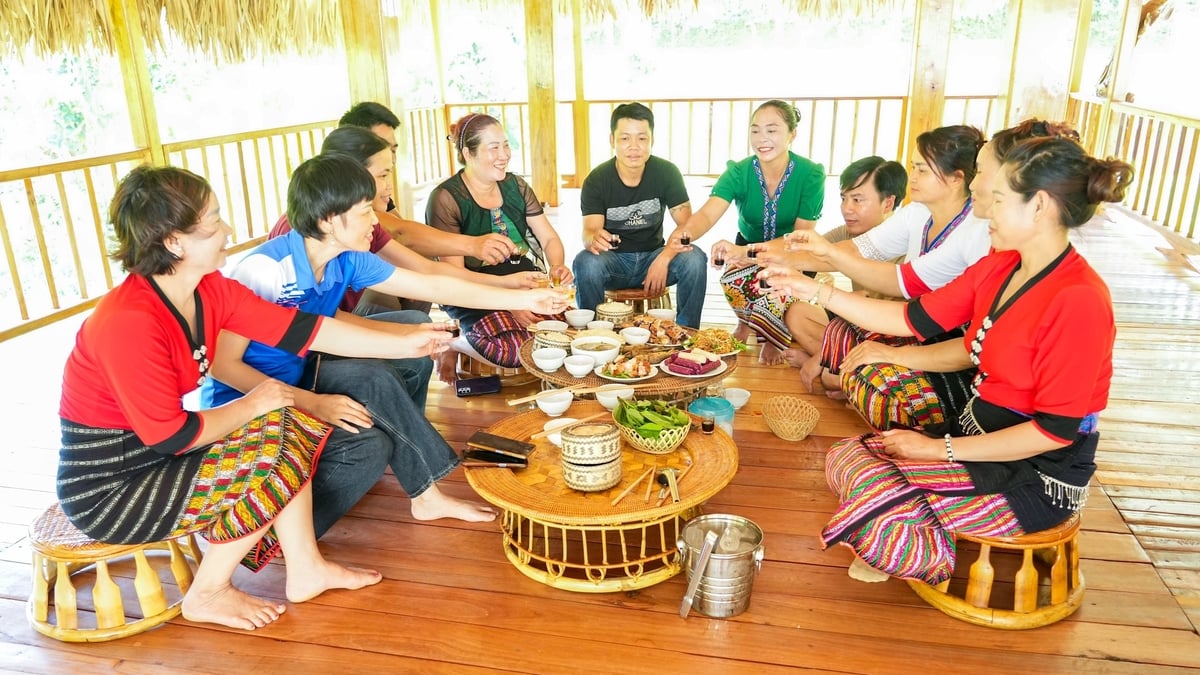
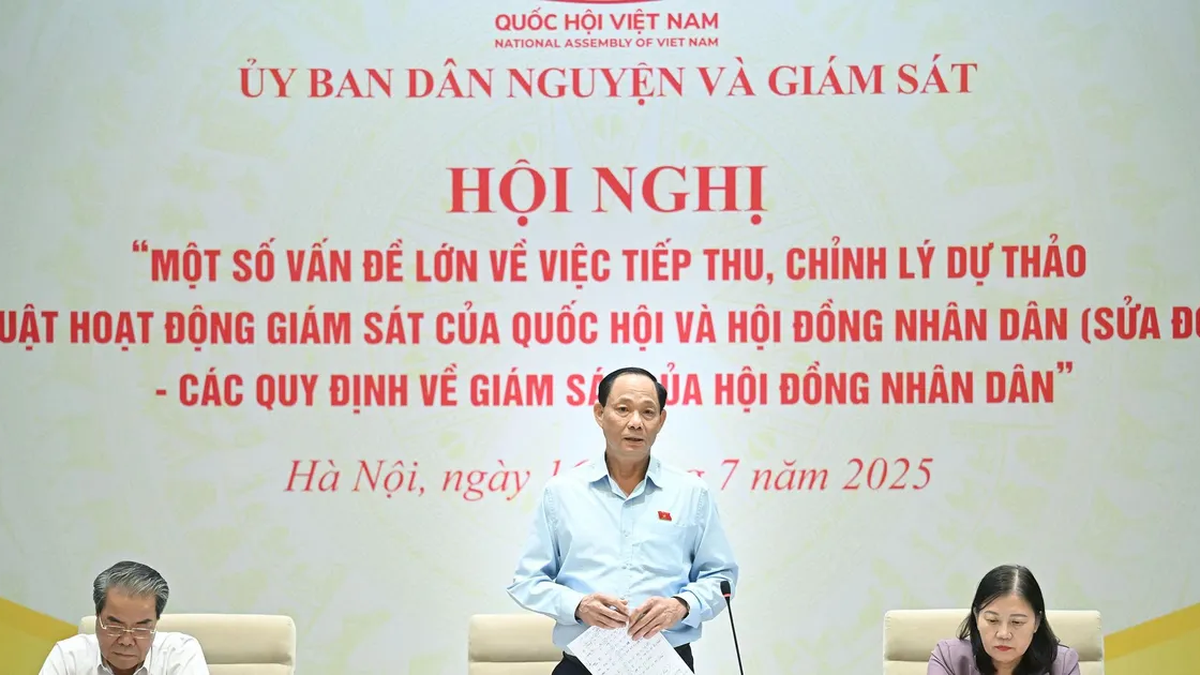
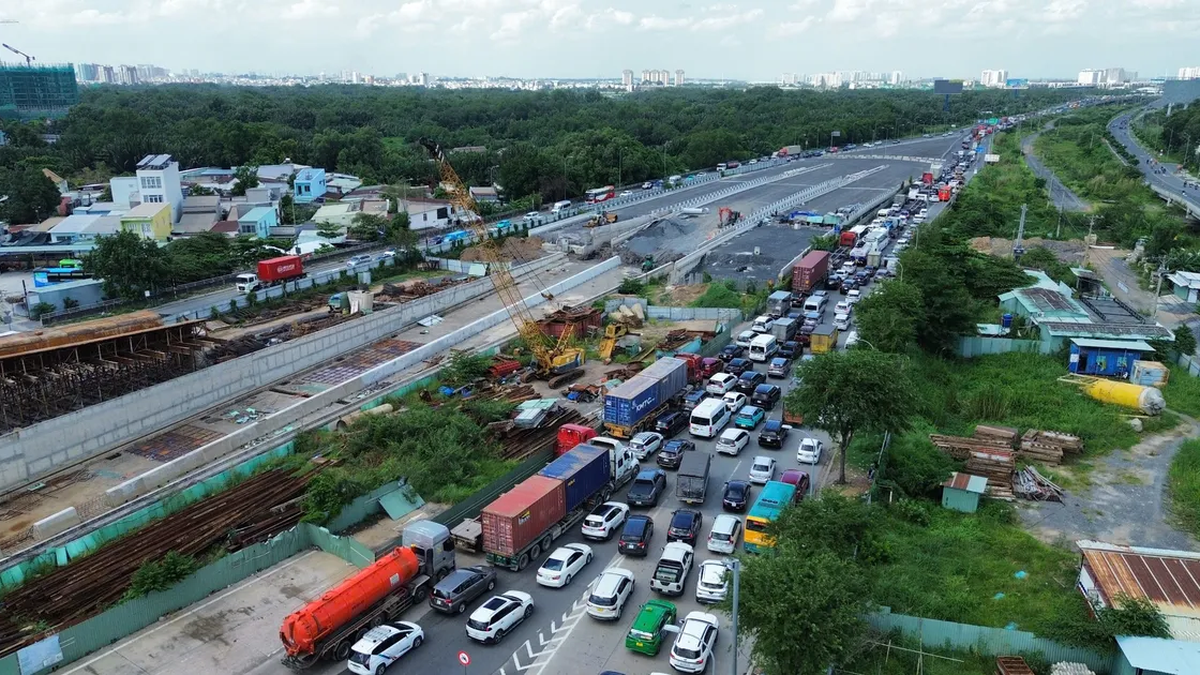
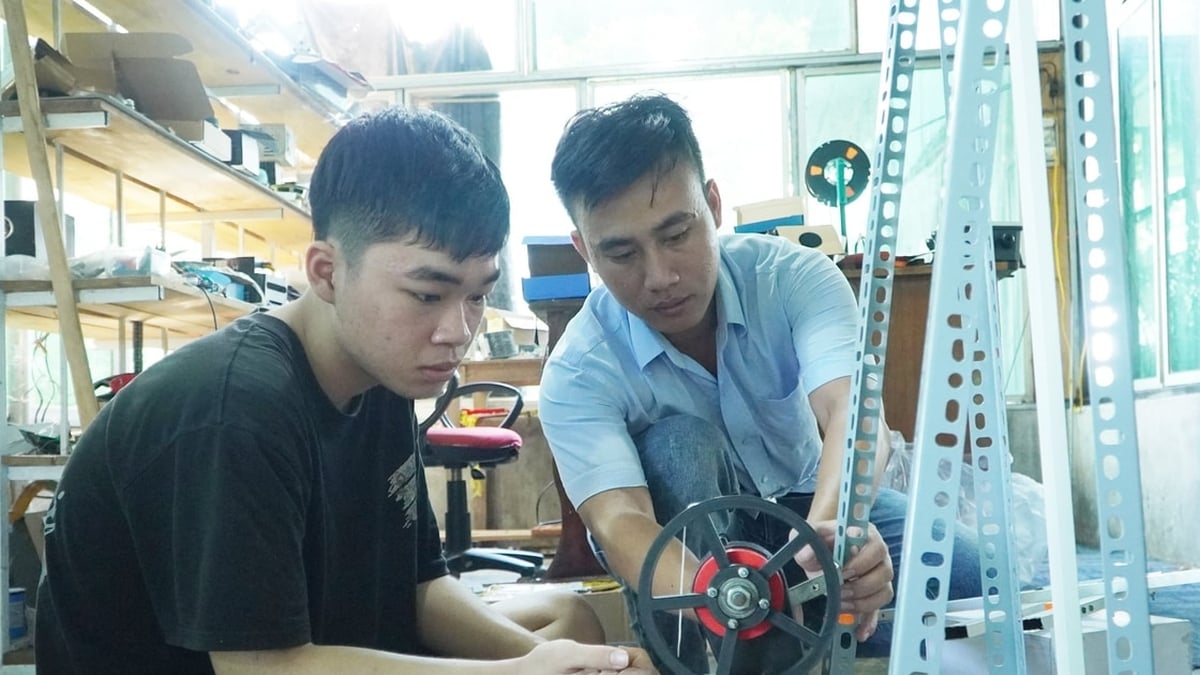
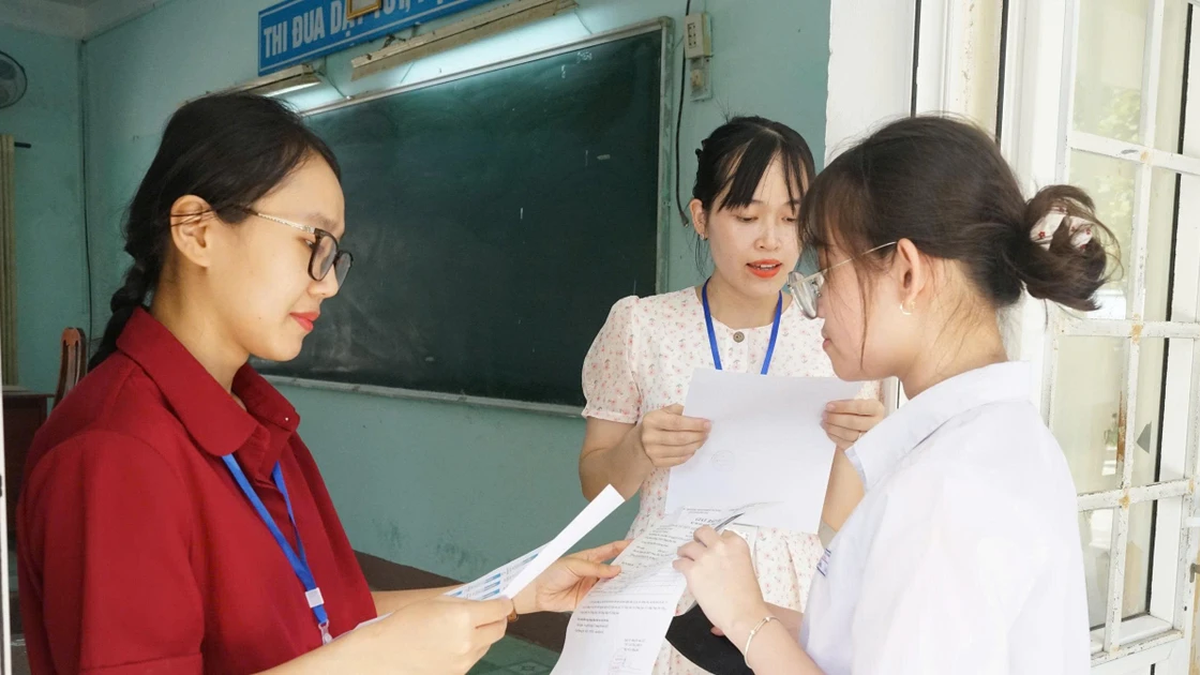
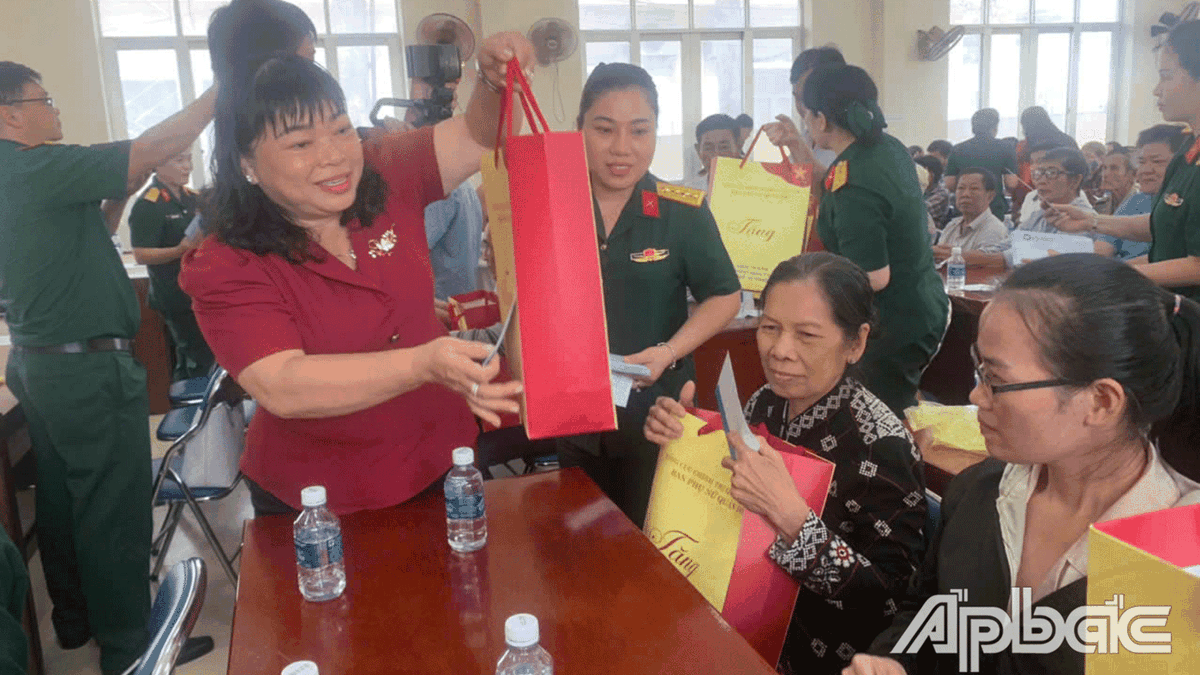








































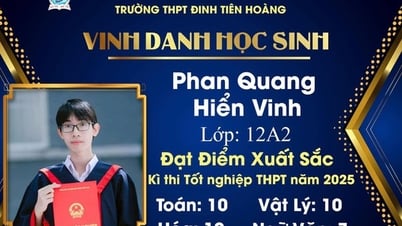










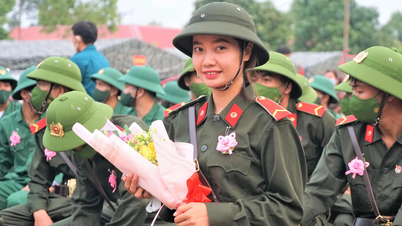




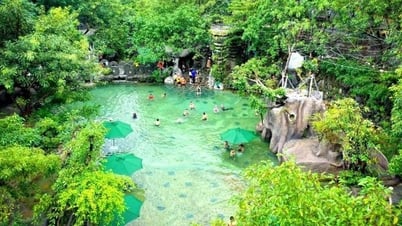


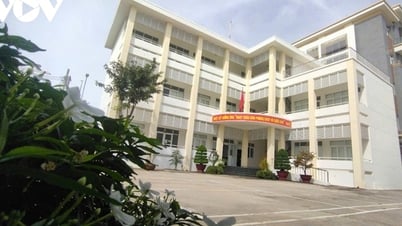


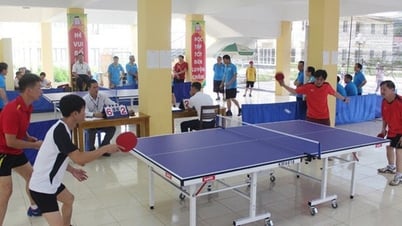






















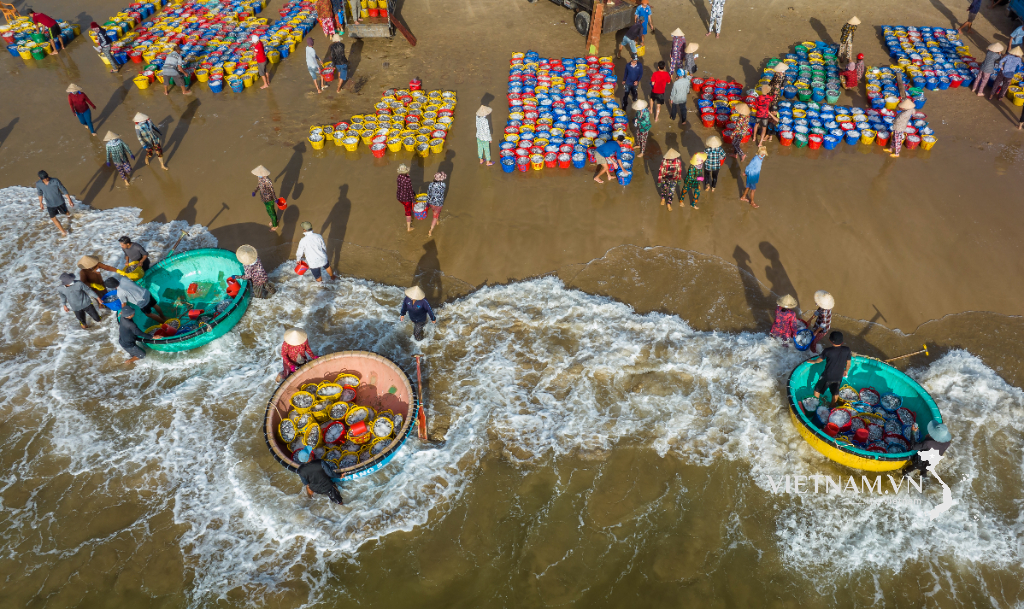

Comment (0)